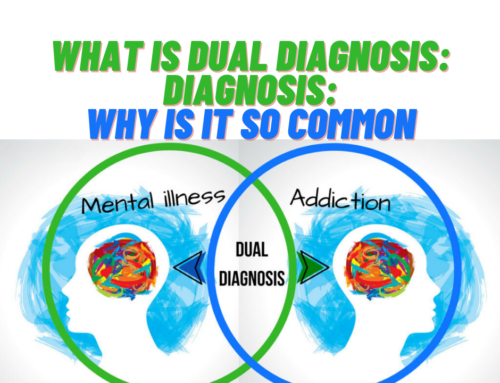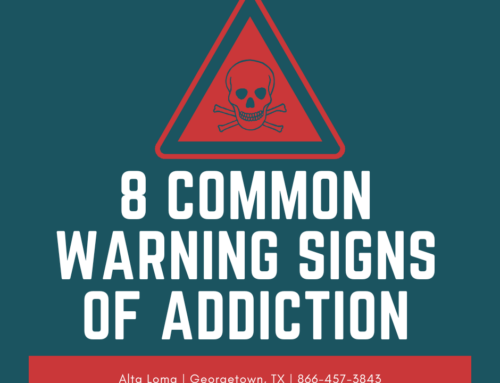It’s no secret that alcoholism is a problem. For one thing, it increases violent tendencies, risky sexual behaviors, and drunk driving. The list, however, does not end there. Alcoholism can also lead to a plethora of health problems and even death.
According to the Center for Disease Control and Prevention (CDC), “excessive drinking” can lead to high blood pressure, liver disease, heart disease, stroke, depression, anxiety, a weakened immune system, and some cancers.
The dangers of alcoholism are undeniable. This is why it’s concerning when someone we care about is unaware they have a drinking problem. What if they were becoming a “functioning alcoholic”?
What is a functioning alcoholic?
According to American Addiction Centers, a functioning alcoholic is a person who “depends on” and “intensely craves” alcohol. However, they maintain a regular and prosperous life in work, school, and even their social lives.
The dangers of being a functioning alcoholic:
According to the CDC, women should only drink one standard drink per day, and men should only drink two standard drinks per day. The CDC defines “excessive drinking” as either binge drinking (four or more drinks per occasion for women and 5 for men) or heavy drinking (8 or more drinks per week for women and 15 for men).
Playing a metaphorical game of Russian roulette with alcoholism may seem like fun and games for the functioning alcoholic until their health starts to decline or they begin to lose control. For example, many functioning alcoholics will remain in denial of their drinking problem until they irrevocably destroy a relationship, lose their job, or are diagnosed with liver disease.
Warning Signs You (or a loved one) May Be A Functioning Alcoholic:
- You make excuses for drinking, such as “I’m just a social drinker,” “wine is good for your health,” or “I just need to unwind.”
- You have trouble controlling how much you drink.
- You are dishonest about how much you drink (Examples: lying about drinking and hiding empty bottles).
- You feel the need to explain to others why you drink.
- You act differently when you’ve been drinking versus when you’re sober.
- You choose to drink more instead of eating meals.
- You experience blackouts on a semi-regular basis.
The functioning alcoholic won’t usually appear to have a “problem.” Generally, they’re the “life of the party,” and their personal life is going just fine. The harsh reality, however, is that this can be where severe alcoholism starts.
Keeping your mental health and sobriety in check can be a challenge. Never hesitate to seek help when you need it. For more information on help with your individual sobriety and mental health needs, call Alta Loma at (866) 457-3843.



